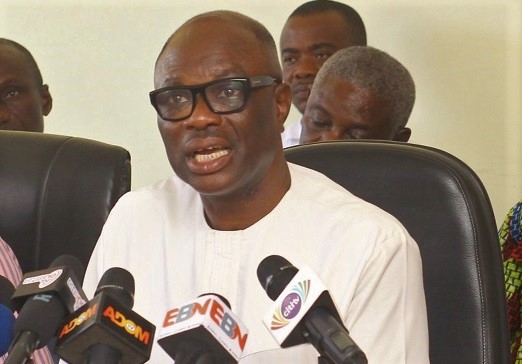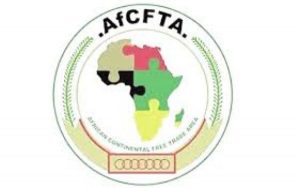The reversal of the benchmark value policy aimed at reducing import duties on some items will take Ghanaian businesses back to their predicament of paying one of the highest duties in the world, Dr Joseph Obeng, President of the Ghana Union of Traders Association (GUTA) has said.
He, therefore, said the Association had an unfinished business with the Government concerning the review of the policy.
“Benchmark policy did not come out of emptiness; it came because we had a problem.
The duties that we were being made to pay were extremely high and among the highest in the world and that was why we petitioned the Council of State, went to the Presidency and we all sat down, and calculated and everybody admitted that there was a problem at hand” Dr Obeng, said in an interview with the Ghana News Agency.
Government, in April 2019, announced the introduction of a 50 per cent reduction on benchmark or delivery values of imports, with exception of vehicles, which was reduced by 30 per cent.
After two and half years, the Association of Ghana Industries (AGI) and others, argued that the policy had no effect on the prices of commodities on the local market, which they claimed were generally high.
Dr Obeng, on the contrary, said the policy had been a mitigating factor on business activities during the COVID-19 era where economic activities were negatively affected due to high world commodity prices, unfavourable foreign exchange rate, and increased freight charges among others.
“All put together, we have been able to contain the prices and we have actually done well with this” he said.
Dr Obeng, therefore, appealed to the Government to reconsider its decision and engage with the business community and other stakeholders in to arrive at a solution that would propel the growth of the economy.
He also called on local industries to focus on using improved technology for manufacturing and encouraged them to engage the Government on how to reduce high utility cost and cost of borrowing to make production cheaper.
Mr. Seth Twum-Akwaboah, the Chief Executive Officer (CEO) of AGI, said he was satisfied with the review of the policy, which was captured in 2022 Economic Policy and Budget statement read by the Minister of Finance on November 17, 2021, to Parliament.
He said the reduction was inimical to the growth of industries and suggested that it should be granted on goods that the country had no local capacity to produce.







